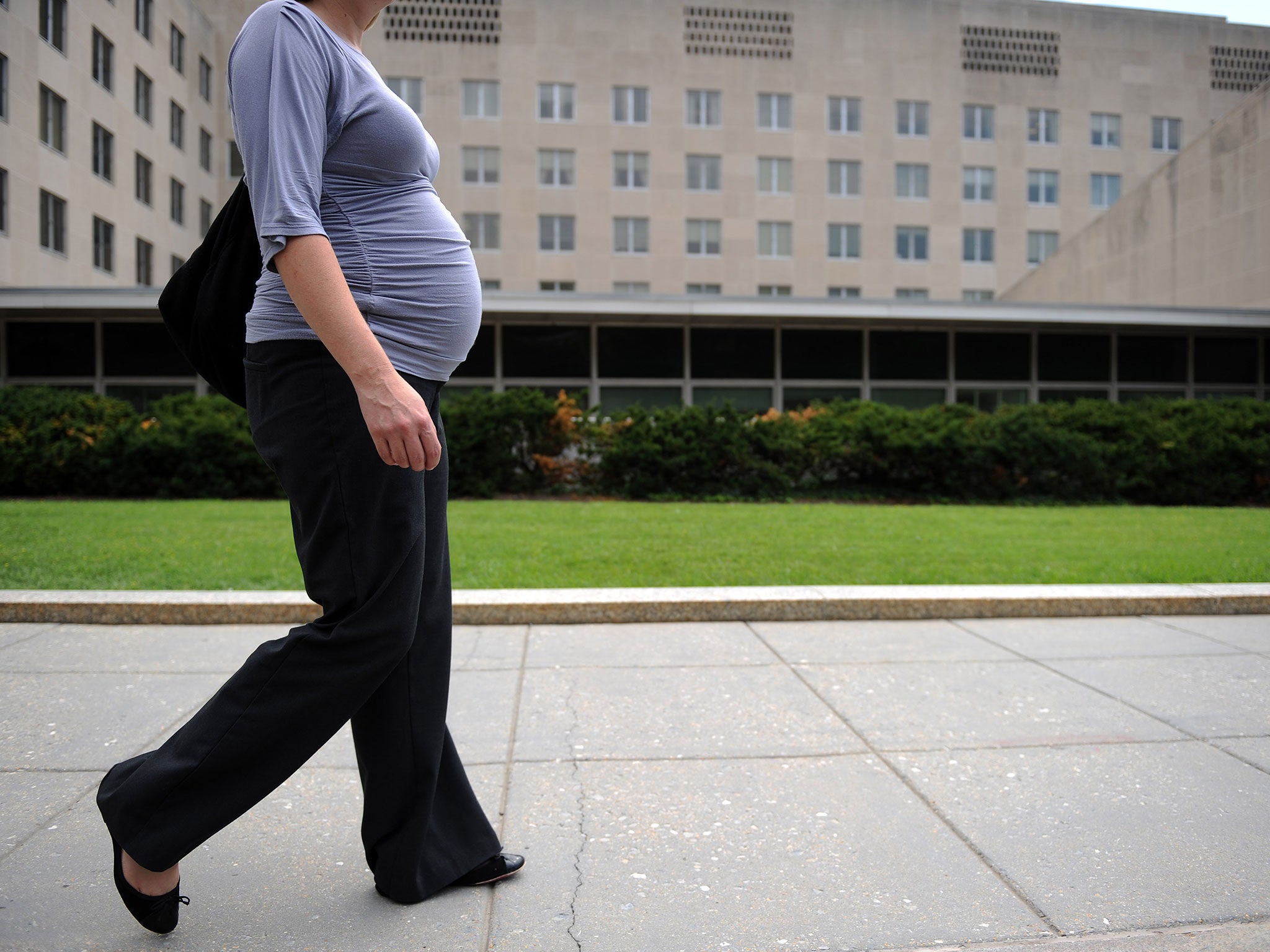Shortage of midwives is forcing mothers to leave hospital early

Your support helps us to tell the story
From reproductive rights to climate change to Big Tech, The Independent is on the ground when the story is developing. Whether it's investigating the financials of Elon Musk's pro-Trump PAC or producing our latest documentary, 'The A Word', which shines a light on the American women fighting for reproductive rights, we know how important it is to parse out the facts from the messaging.
At such a critical moment in US history, we need reporters on the ground. Your donation allows us to keep sending journalists to speak to both sides of the story.
The Independent is trusted by Americans across the entire political spectrum. And unlike many other quality news outlets, we choose not to lock Americans out of our reporting and analysis with paywalls. We believe quality journalism should be available to everyone, paid for by those who can afford it.
Your support makes all the difference.Hundreds of thousands of mothers are being discharged from hospital too early because of a chronic shortage of midwives, a new report warns.
Research by the Royal College of Midwives (RCM) found that 40 per cent of new mothers are told to leave their ward before they are ready, endangering them and their newborn baby.
The report warned that mothers are being “let down by the NHS” and lives are being put at risk – and called for immediate investment to recruit more midwives.
It also warned that local hospitals are failing to give women the level of care recommended by the NHS watchdog, the National Institute for Health and Clinical Excellence.
Two in three midwives said organisational pressures were the biggest factor affecting the level of care mothers receive. Only 23 per cent said the needs of the women were the main driving force.
Jane Munro, the report’s author and the Quality and Audit Development Adviser at the RCM, said that discharging mothers before they were ready meant they were not being given enough advice on how to spot danger signs in their and their baby’s health – which in turn increased the risk of delays in diagnosing serious illnesses.
“It could mean that illnesses are not picked up quickly enough, or it could even put lives in danger”, she said.
Join our commenting forum
Join thought-provoking conversations, follow other Independent readers and see their replies
Comments